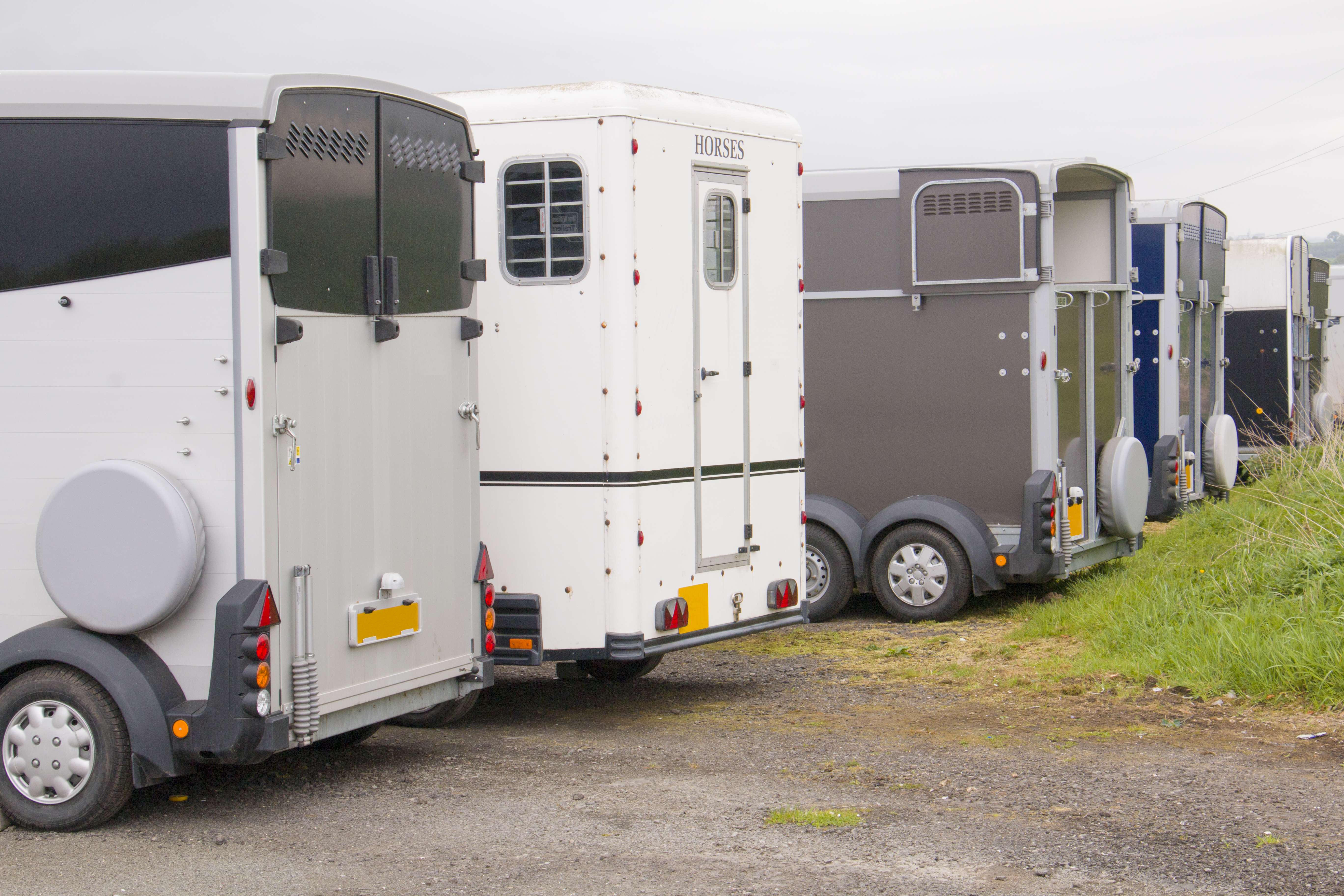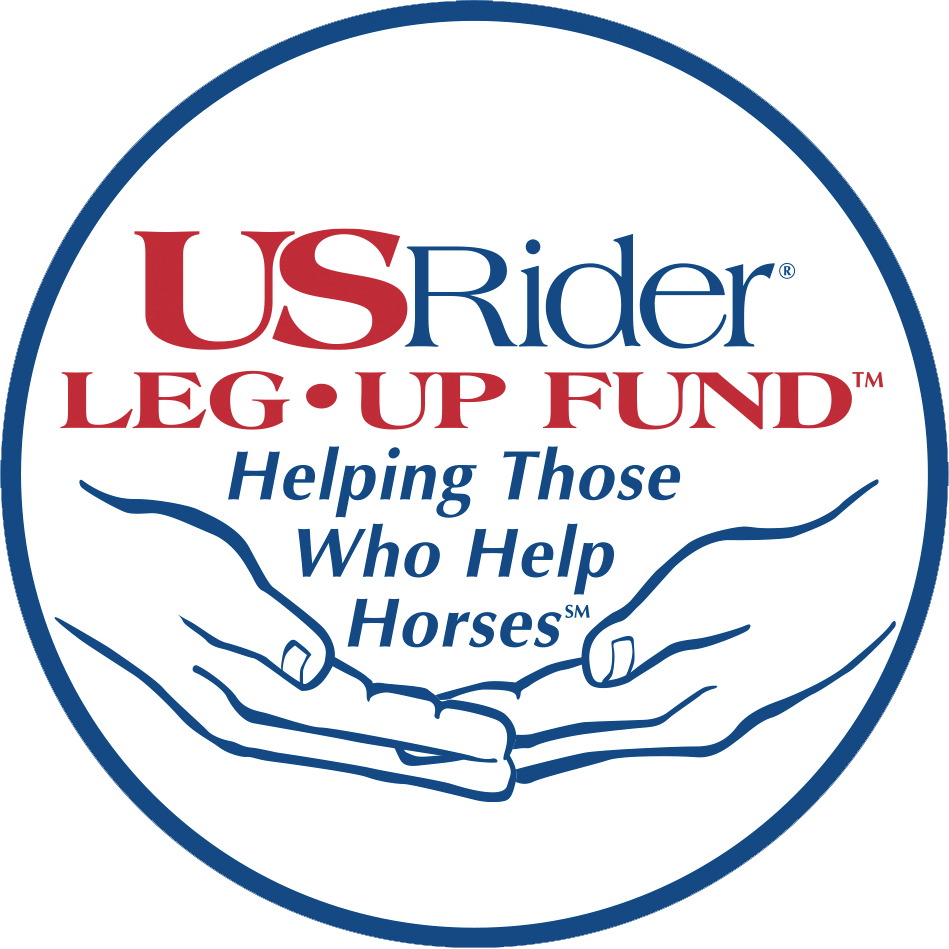Renting a trailer may be a viable option to owning a horse trailer. Add up the costs of owning a trailer versus the cost of renting. If you trailer frequently, of course it makes sense to own your...

Renting a trailer may be a viable option to owning a horse trailer. Add up the costs of owning a trailer versus the cost of renting.
If you trailer frequently, of course it makes sense to own your own trailer. But if you just haul your horse two to three times per year, then it might be more cost-effective to rent one.
Note that you’ll likely be able to rent a better trailer than you could afford to buy ? perhaps one with living quarters, an air conditioner, a television, and more.
Here, I’ll help you decide whether you should rent or own. Then I’ll give you valuable trailer-rental tips, should you decide that renting is the best option.
Rent or Own?
First, add up how many trips you take per year. In addition to trailering to trailheads, you might need a trailer for hauling your horse to your veterinarian or trainer. You might also need to keep a trailer on hand at a horse sale.
Rental costs can range from $75 to $100 per day for a two-horse trailer, and from $150 to $180 per day for a three-horse, living-quarters trailer. If you find you’re hauling your horse fairly frequently, buying a trailer may be the best option.
On the other hand, if you go on one big trip per year with your friends, you might be better off renting a three- or four-horse trailer and sharing expenses.
As you consider costs, keep in mind our current economic downturn. You could rent a trailer now, then purchase one when the economy improves and/or fuel prices drop again. You might even be able to try out a trailer brand/model you’re thinking of buying sometime in the future.
Do you need to replace both your truck and trailer, but can’t afford payments on both? You could buy the truck of your choice and rent the trailer.
Perhaps you’ve been borrowing a trailer from a friend or friends. This set-up can work well, unless something goes awry. If you have an accident, you leave yourself vulnerable to a strained friendship and even a lawsuit. Renting a trailer can help avoid such time- and money-consuming hassles.
Does renting a trailer sound like the best option for your hauling needs? If so, consider these five trailer-rental tips.
Find a trailer-rental company. To find a good trailer-rental company, look online, check your local Yellow Pages, and ask around at your local stables and tack-and-feed? stores. One trailer-rental company I recommend is American Horse Trailer Rental, Inc. (559/381-5357; http://americanhorsetrailerrental.com). It offers two-horse bumper pulls, three- and four-horse goosenecks, and three-horse living-quarter models.
Do your research. Once you’ve found a company, do some research. Make sure the company has a business license and is bonded. Ask for a list of customers you can contact for a recommendation.
Investigate insurance. In most states, insurance companies are required to carry liability insurance on trailers you tow with your insured vehicle. And a good rental company will call your insurance company to verify that. Also make sure the company carries comprehensive and collision insurance on its trailers. This is important. Note that the trailer-rental insurance works differently from car-rental insurance, in that it’s considered specialty insurance. Note, too, that if your horse damages the rental trailer, you’ll have to pay for repairs.
Develop an emergency plan. Check with the rental company ahead of time to see whether it’ll rent trailers during an emergency, in case you need to evacuate your horse in a hurry. Gregg Miron of American Horse Trailer Rental says he rents trailers 24-7 during emergencies, such as floods, hurricanes, and fires. (Note: In an emergency, consider renting a living-quarters trailer so you’ll have a place to live near your horse during this scary time.)
Check the rental contract. Before you leave the rental-company office, check the rental-agreement packet. Make sure there’s an insurance card with that specific trailer’s vehicle identification number (VIN). Also, make sure that specific VIN is listed on the rental contract, as well as insurance details. Finally, make sure the license number on the registration matches the trailer’s license plate.
